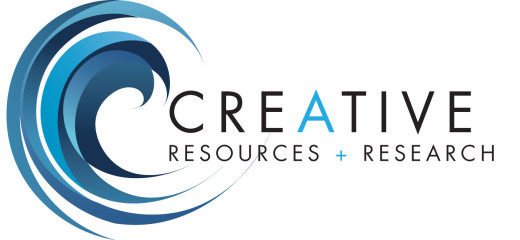How to Develop a Win Strategy
What is a Win Strategy?
Simply put, a win strategy is your plan for winning the competition. All successful competitors have a strategy. Athletes train for competitions, but they also plan a strategy for winning that builds on their strengths and exploits their competitors’ weaknesses. Military leaders do the same, as do competitive chess players, video gamers, and anyone who really wants to win.
Successful grant writers are no different. They don’t just answer the funders’ questions in their proposals, but they develop a strategy for addressing the criteria in a way that communicates specifically why a funder should choose their proposal over others.
A good win strategy focuses on how your organization can best meet the funding source’s needs and what differentiates your organization and its services from others. A win strategy should be derived from the funder’s priorities for the grant which are detailed in the publication announcing the grant competition, often called the Request for Proposals (RFP), Request for Applications (RFA), or Notice of Funding Opportunity (NOFO). It is vital to understand what the funder wants to fund, and then structure a strategy to describe in detail how your organization can and will deliver what the funder wants.
The Private Sector Leads the Way
The private sector is far ahead of the public and non-profit sectors in the practice of developing win strategies because the survival of organizations in the private sector depends on winning business. Win strategies are embodied within marketing strategies, sales plans, and formal bid proposals. You’ll rarely see them fully exposed, but anytime you’re left with a clear understanding of why you should choose a particular company, vendor, or product over another you can be sure that a clear win strategy was employed.
Here are some basic, intermediate, and advanced tips for developing a win strategy.
Basic Win Strategy Tips
Start here if you’re new to this win strategy business.
For each grant proposal, after thoroughly reviewing the funding requirements and priorities, make three lists:
- The funder’s key priorities and requirements,
- Key ways in which your organization, programs, and services meet those requirements and priorities, and
- The unique attributes of your organization and/or proposed services. How does your organization/plan represent a unique approach to the funder’s requirements and priorities? What differentiates your organization or approach for others that may be applying for the same funding?
Make sure that you consider items in lists 2 and 3 that address every priority or requirement in list 1.
Then develop a plan for integrating these into your proposal. Put your plan in writing. Refer to it at each stage of the writing process to be sure you have incorporated it thoroughly and seamlessly throughout your proposal.
Intermediate Win Strategy Tips
In addition to the basic tips described above, take the time to research and learn about win strategy models and processes employed by the private sector. Incorporate some of these concepts within your program development and writing processes.
Remember, well-focused research always pays off.
Advanced Win Strategy Tips
Establish a template and process that you follow for every proposal to develop a clearly stated win strategy and themes. It is important to involve your client in the process; you’ll need to do this because they will have information that you don’t have, and you don’t want to write a grant that doesn’t represent their true values or capabilities. If you are writing for your own organization, include others in the process so you can incorporate as many perspectives as possible.
Be sure to include some very basic but important questions:
- What do we (you) do better than anyone else?
- How is this priority evident in all of our operations (not just the department that will be responsible for project implementation)?
- How do we do this better than anyone else?
- Is our need for the grant greater than that of others? Why/how?
- What is truly unique about our organization?
- What is unique about our approach to the problem?
No matter how long you have been working with the organization, don’t assume that you know all the answers to those questions. There may be new information that you’re not aware of or new stakeholders who have fresh perspectives.
Whatever process you develop, write it down. Use it consistently and modify it as needed.
The Winning Difference
The difference between a good grant writer and a great grant writer is the ability to consistently employ strategies like this. A high success rate doesn’t happen by accident, and being a good writer isn’t enough. A solid win strategy sets the stage for a winning proposal.




